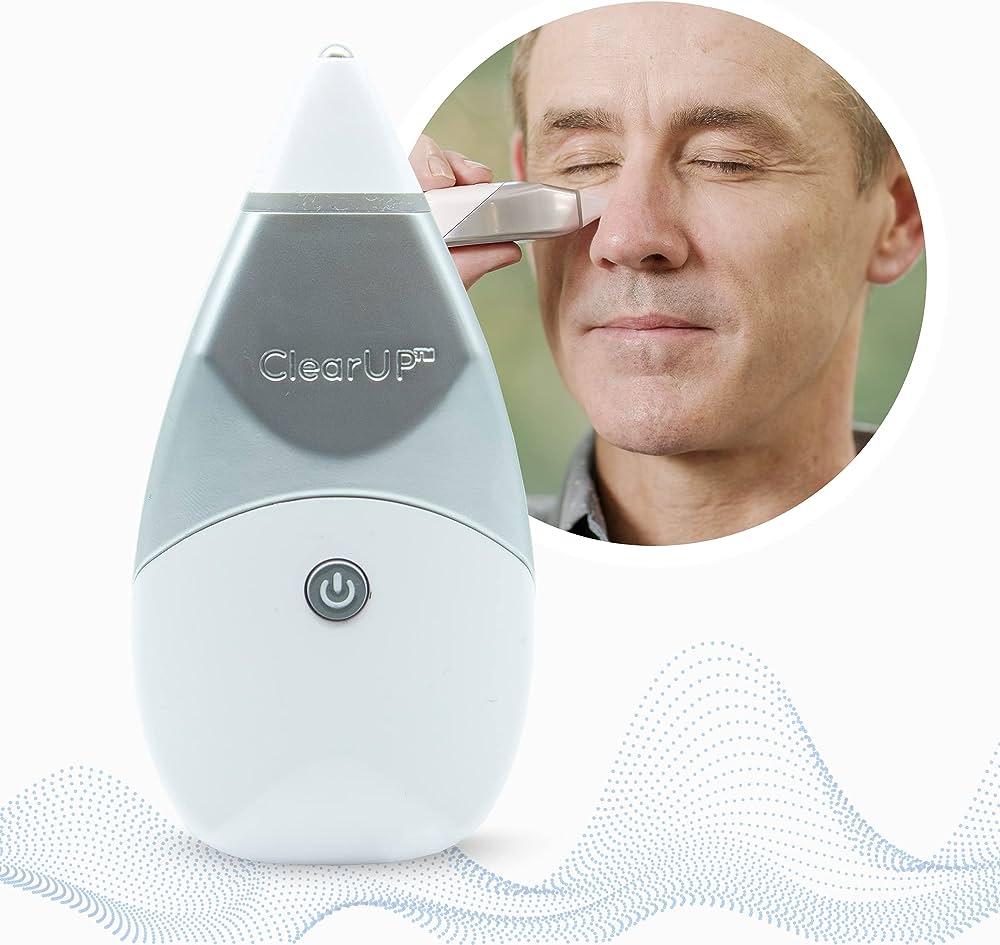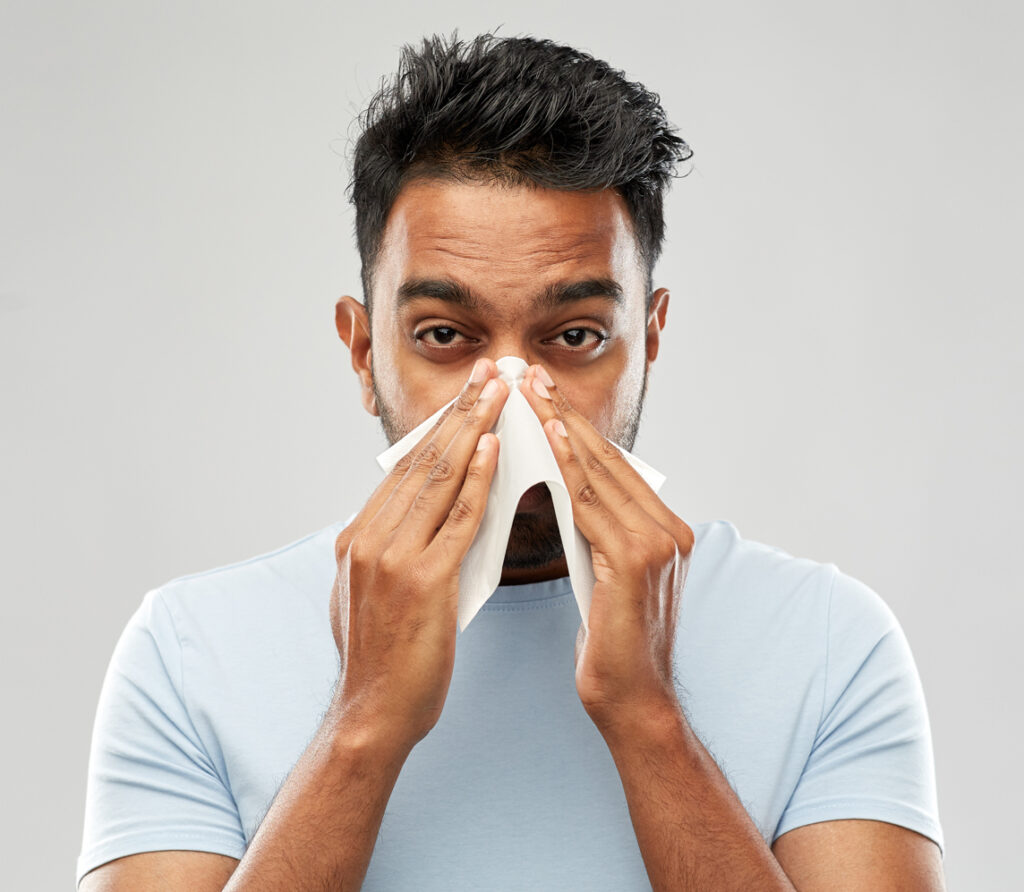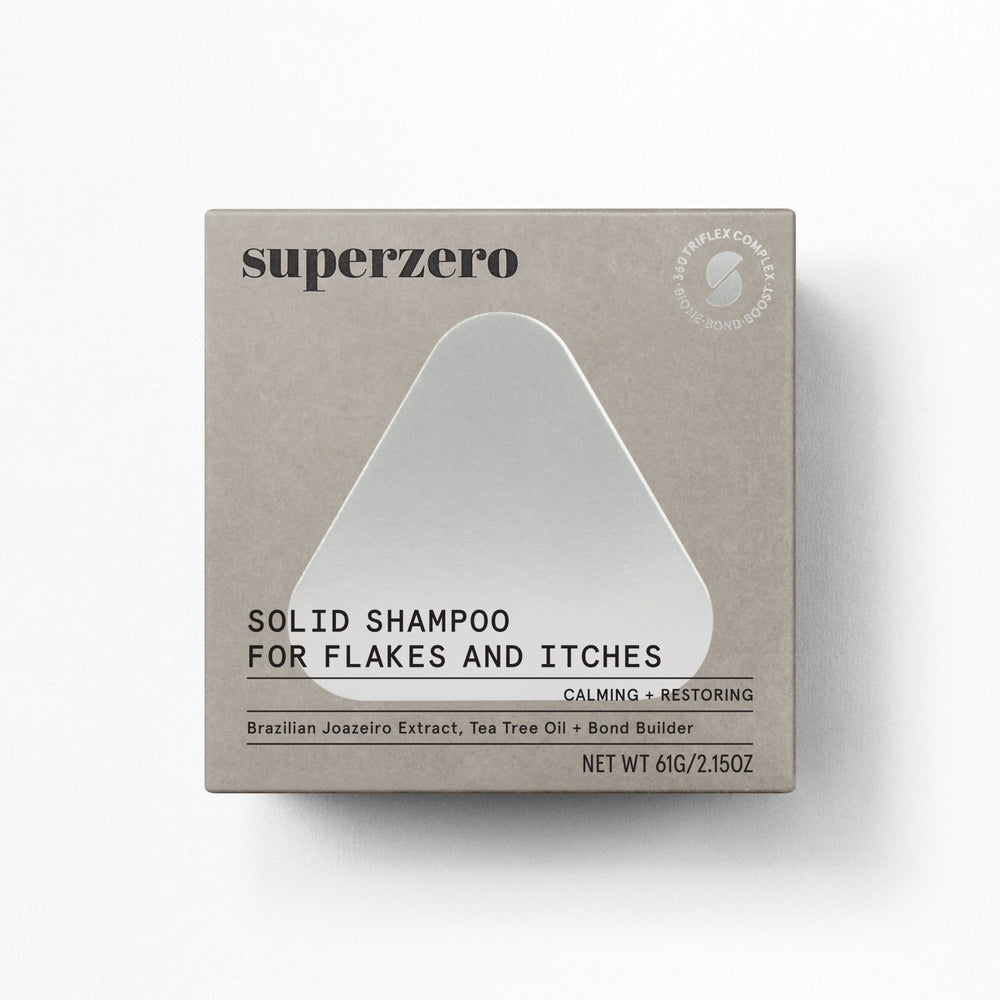
Grand Rapids Allergy: Effective Solutions for Allergy Relief
Grand Rapids Allergy provides accurate, expert allergy diagnosis and treatment in Grand Rapids. With a team of experienced allergists, they offer personalized care and effective solutions for allergy relief.
Their comprehensive services include testing, immunotherapy, and education to help patients manage their allergies and improve their quality of life. Whether you’re dealing with hay fever, food allergies, or asthma, Grand Rapids Allergy is your trusted source for expert care.
Get relief today and enjoy a life free from the burden of allergies.

Credit: hudsonallergy.com
Understanding Allergies And Their Impact
Discover the impact of allergies in Grand Rapids. Unveil the understanding of allergic reactions and how they affect individuals in this insightful blog post.
What Are Allergies And How Do They Affect Us?
Allergies are a common condition that affects many people in Grand Rapids and around the world. They occur when the immune system overreacts to substances that are normally harmless, such as pollen, dust mites, pet dander, or certain foods. These substances, known as allergens, trigger an allergic reaction in susceptible individuals.
Here is a closer look at the impact of allergies:
- Allergies can cause a range of symptoms, including sneezing, runny nose, itchy and watery eyes, nasal congestion, coughing, and wheezing. These symptoms can be mild or severe, depending on the individual and the allergen involved.
- Allergic reactions can also manifest as skin conditions like hives or eczema. In some cases, allergies can lead to more serious reactions, such as anaphylaxis, which is a severe allergic reaction that affects multiple body systems and can be life-threatening.
- Allergies can significantly impair a person’s quality of life. They can interfere with daily activities, disrupt sleep patterns, cause fatigue, and affect concentration and productivity. Allergies can also impact mental well-being, leading to feelings of frustration, irritability, and even depression.
- Allergies can be particularly problematic for individuals with asthma. Exposure to allergens can trigger asthma symptoms, such as coughing, wheezing, and shortness of breath, making asthma control more challenging.
- The onset of allergies can occur at any age, with some individuals developing them as children, while others develop allergies later in life. Allergies can also change over time, with some individuals experiencing new allergies or a change in the severity of their symptoms.
Understanding the impact of allergies is crucial for effectively managing them. By identifying the allergens that trigger a reaction and taking appropriate measures to reduce exposure, individuals can minimize symptoms and improve their overall well-being. It is also essential to consult with healthcare professionals for proper diagnosis, treatment options, and guidance on managing allergies effectively.
Identifying The Root Causes
Identify and address the root causes of your allergies with Grand Rapids Allergy. Our expert team provides personalized solutions for effective relief. Find the answers you need without any guesswork.
Grand Rapids Allergy:
When it comes to allergies in Grand Rapids, it’s important to understand the underlying triggers that can cause discomfort and disrupt your daily life. By identifying the root causes, you can take proactive steps to manage your allergies effectively.
Triggers That Cause Allergies In Grand Rapids:
- Pollen: Grand Rapids is surrounded by beautiful green spaces and parks, but this abundance of nature also means a high pollen count. Pollen from trees, grasses, and weeds can trigger seasonal allergies and lead to symptoms like sneezing, itchy eyes, and congestion.
- Mold spores: The damp climate of Grand Rapids provides a perfect breeding ground for mold. Mold spores can be found both outdoors and indoors, and exposure to them can exacerbate allergies. Common sources of indoor mold include damp basements, bathrooms, and areas with poor ventilation.
- Dust mites: These tiny creatures live in bedding, upholstered furniture, and carpeting. Their droppings can trigger allergic reactions in sensitive individuals. While dust mites are present year-round, they can be especially problematic in the winter months when homes are sealed up tightly.
- Pet dander: If you’re a pet lover in Grand Rapids, it’s important to be aware that pet dander can be a major allergen. The proteins found in pet saliva, urine, and skin flakes can trigger allergic reactions, resulting in symptoms like itching, sneezing, and wheezing.
Seasonal Allergies And Their Patterns:
- Spring allergies: During the spring months, trees release vast amounts of pollen into the air. Common culprits include oak, maple, birch, and pine trees. If you find yourself experiencing allergy symptoms during the spring, it’s likely due to tree pollen.
- Summer allergies: In the summer, grass pollen becomes a prominent trigger for allergies. Common grasses in Grand Rapids include Bermuda grass, Kentucky bluegrass, and ryegrass. If you experience sneezing, itchy eyes, and a runny nose during the summer, grass pollen might be the culprit.
- Fall allergies: Ragweed is the primary cause of fall allergies in Grand Rapids. This weed releases large amounts of pollen into the air, triggering allergic reactions in many individuals. If you experience symptoms like congestion, itchy throat, and watery eyes during the fall, ragweed pollen could be to blame.
Indoor And Outdoor Factors Contributing To Allergies:
Indoor factors:
- Mold growth in damp areas such as basements, bathrooms, and kitchens.
- Dust mites thriving in bedding, upholstered furniture, and carpeting.
- Pet dander from cats, dogs, and other furry pets.
Outdoor factors:
- High pollen counts from trees, grasses, and weeds.
- Exposure to mold spores in outdoor environments.
- Pollution and smog, which can irritate the airways.
By understanding the triggers that cause allergies in Grand Rapids, you can take proactive measures to minimize your exposure and manage your symptoms effectively. Whether it’s pollen, mold, dust mites, or pet dander, being aware of the root causes allows you to make informed decisions to alleviate your allergy-related discomfort.
Remember to consult with a healthcare professional for personalized advice and treatment options.
Effective Strategies For Allergy Relief In Grand Rapids
Looking for effective strategies for allergy relief in Grand Rapids? Discover the top solutions and treatments to alleviate allergies and improve your quality of life in this helpful guide.
Are you one of the many individuals in Grand Rapids struggling with allergies? The good news is that there are several effective strategies you can try to find relief. In this blog post, we will discuss various medical treatments, medications, natural remedies, alternative therapies, and lifestyle changes that can help you manage your allergies more effectively.
Medical Treatments And Medications For Allergies:
- Allergy testing: Undergoing allergy testing can help identify the specific allergens triggering your symptoms. This knowledge allows healthcare professionals to develop a personalized treatment plan tailored to your needs.
- Immunotherapy: Also known as allergy shots, immunotherapy involves gradually exposing your body to small amounts of allergens to build tolerance over time. This treatment can provide long-term relief for many allergy sufferers.
- Over-the-counter medications: Antihistamines, decongestants, and nasal sprays available at your local pharmacy can help alleviate allergy symptoms such as sneezing, congestion, and itching.
- Prescription medications: If over-the-counter options are not sufficient, your doctor may prescribe stronger antihistamines, nasal sprays, or corticosteroids to manage your allergies effectively.
Natural Remedies And Alternative Therapies:
- Saline nasal rinses: Rinsing your nasal passages with a saltwater solution can help relieve congestion and flush out irritants.
- Herbal supplements: Some natural substances, such as butterbur and stinging nettle, have shown promise in reducing allergy symptoms. However, it is essential to consult with a healthcare professional before trying any herbal supplements.
- Acupuncture: This traditional Chinese therapy may provide relief for some allergy sufferers. By stimulating specific points on the body, acupuncture aims to restore balance and alleviate symptoms.
- Probiotics: The use of probiotics has gained attention in recent years for their potential in supporting immune health and reducing allergy symptoms. Talk to your doctor about incorporating probiotics into your allergy management plan.
Lifestyle Changes For Managing Allergies Effectively:
- Minimize exposure to allergens: Identifying the allergens that trigger your symptoms and taking steps to reduce your exposure can make a significant difference. Keep windows closed, use air purifiers, and regularly clean your living environment to minimize allergen buildup.
- Keep track of pollen counts: Check local pollen forecasts regularly and try to limit outdoor activities during peak pollen times.
- Maintain good indoor air quality: Regularly change air filters, vacuum carpets and furniture, and consider using hypoallergenic bedding to minimize indoor allergens.
- Practice good hygiene: Wash your hands frequently, shower after spending time outdoors, and avoid touching your face to reduce the transfer of allergens.
By incorporating these effective strategies into your daily routine, you can find relief from allergies and improve your overall quality of life in Grand Rapids. Remember to consult with a healthcare professional before making any significant changes to your allergy management plan.
Conclusion
Managing allergies in Grand Rapids is essential for maintaining a high quality of life. By proactively seeking professional guidance and utilizing the available resources, individuals can effectively identify and treat their allergies. Understanding common allergens in the area, such as pollen, pet dander, and mold, can help residents take precautions and make informed decisions about their environment.
It is also crucial to stay up to date on local allergen forecasts and take preventive measures when necessary. Additionally, seeking treatment options like immunotherapy or medication can provide long-term relief from allergy symptoms. By prioritizing their health and taking necessary steps to manage allergies, individuals in Grand Rapids can enjoy the beautiful scenery and outdoor activities without being hindered by pesky allergies.
Remember, your health is in your hands, so take control and embrace life in Grand Rapids allergy-free!






